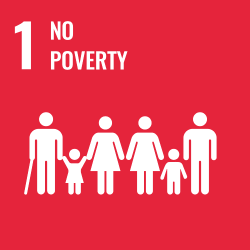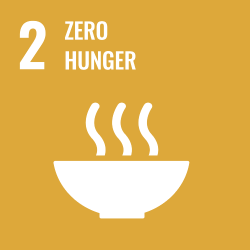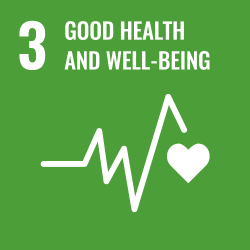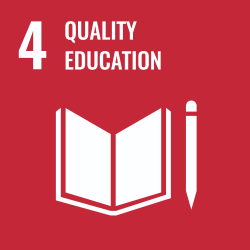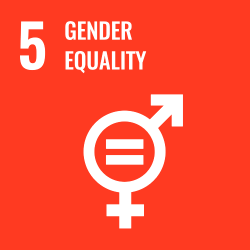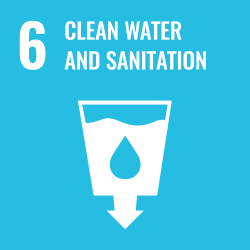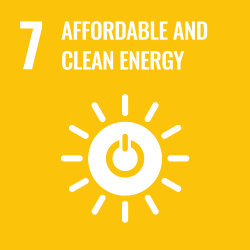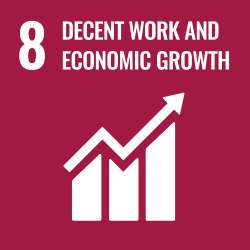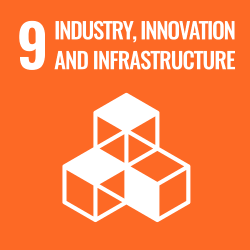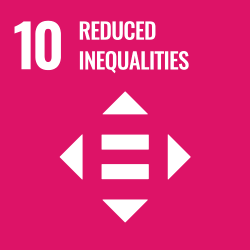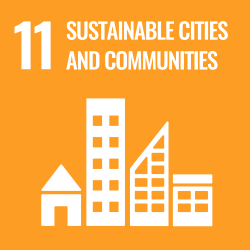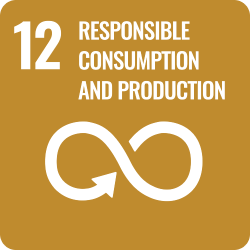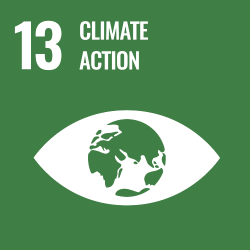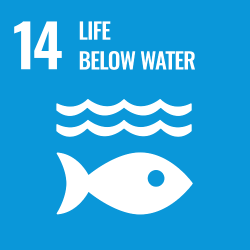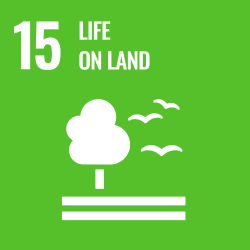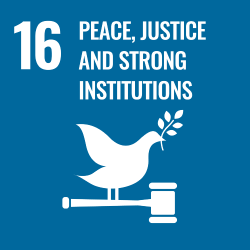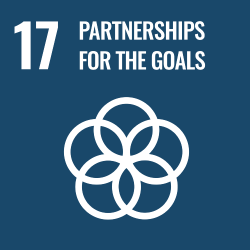The Sustainable Development Goals (SDGs) are a set of seventeen Global Goals and 169 targets agreed on by the UN General Assembly that cover a broad range of sustainable development issues. These included ending poverty and hunger, improving health and education, making cities more sustainable, combating climate change, and protecting oceans and forests. Our standard, Gold Standard for the Global Goals, certifies the SDG outcomes of projects in order to ensure that climate action is pursued in tandem with sustainable development.
Transforming our World: the 2030 Agenda for Sustainable Development
The SDG’s, also known as the Global Goals, were adopted by all United Nations Member States in 2015 as a universal call to action to end poverty, protect the planet and ensure that all people enjoy peace and prosperity by 2030. The 17 SDGs are integrated—that is, they recognise that action in one area will affect outcomes in others, and that development must balance social, economic and environmental sustainability. Through the pledge to Leave No One Behind, countries have committed to fast-track progress for those furthest behind first. That is why the SDGs are designed to bring the world to several life-changing ‘zeros’, including zero poverty, hunger, AIDS and discrimination against women and girls. Everyone is needed to reach these ambitious targets. The creativity, knowhow, technology and financial resources from all of society is necessary to achieve the SDGs in every context.
